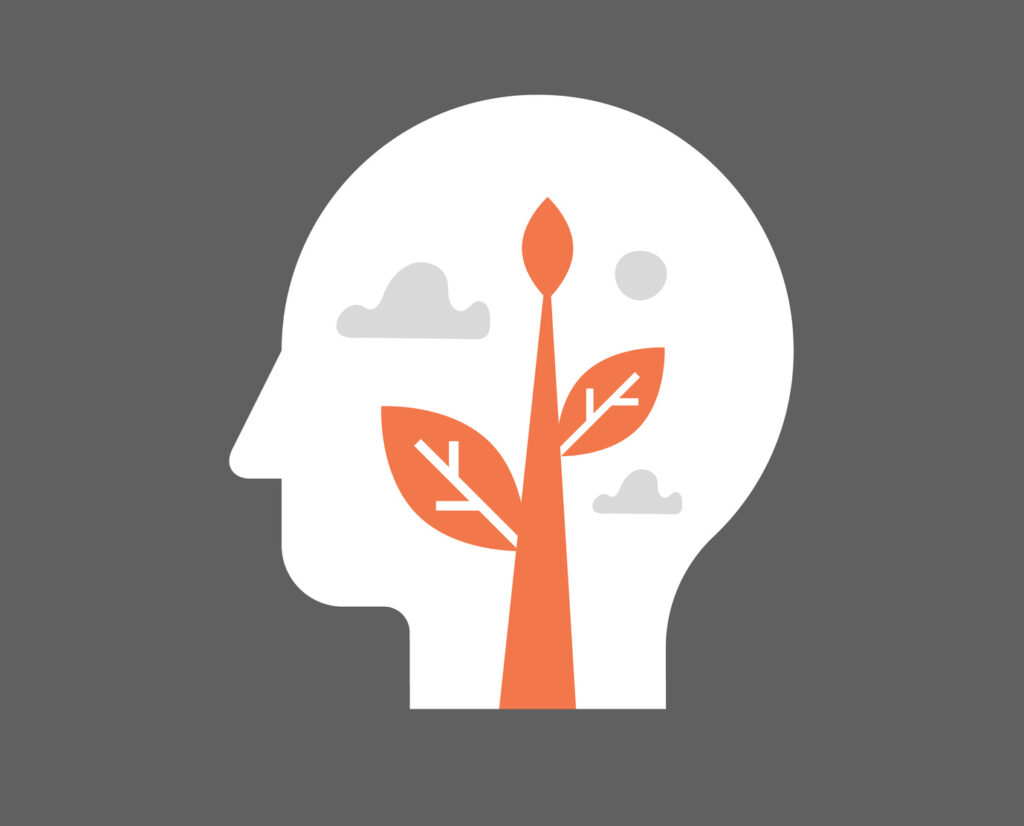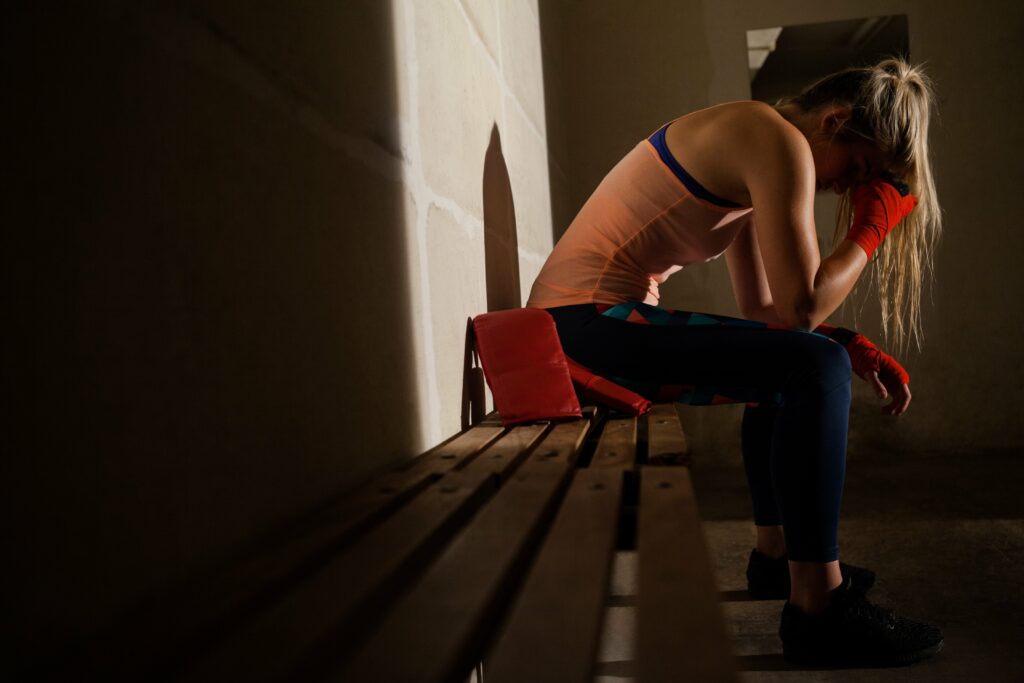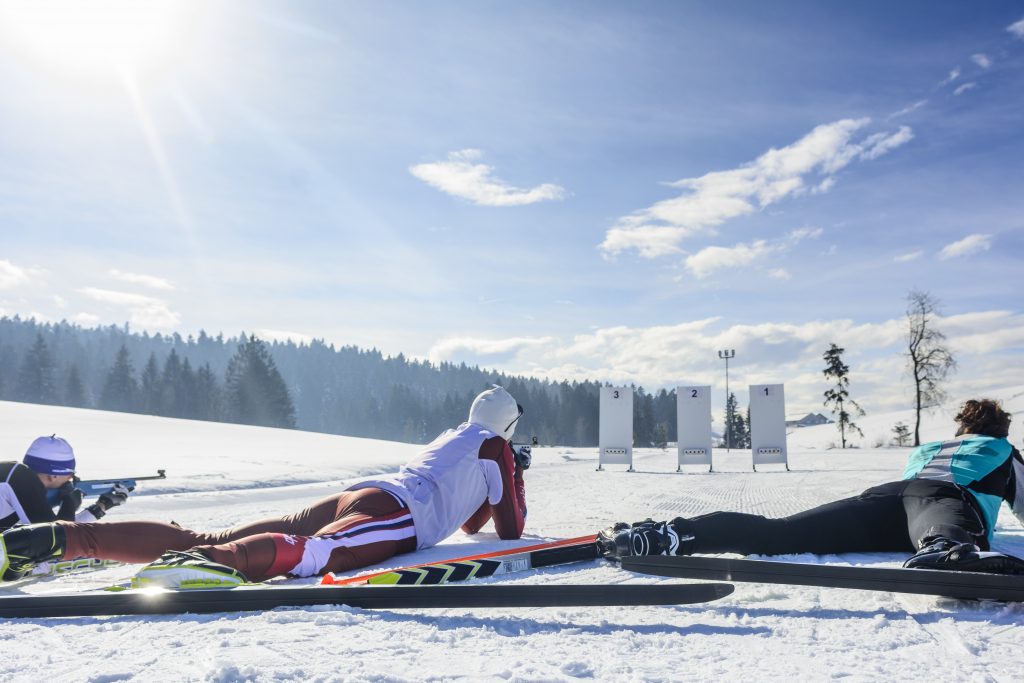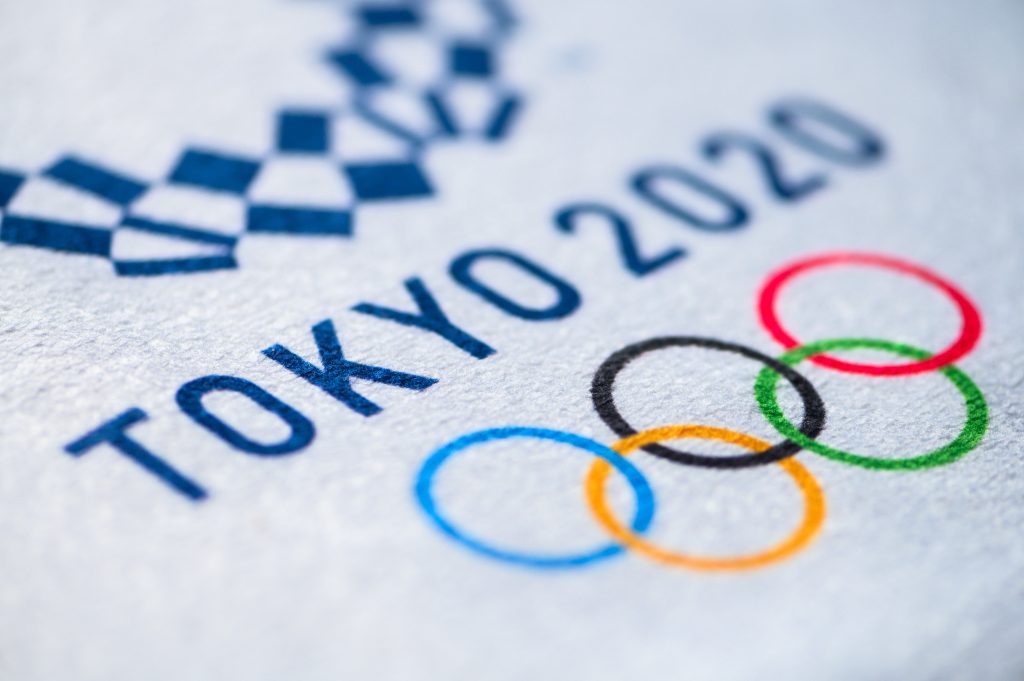Blossom where you’re planted: Mental health considerations for Indigenous sport participants

Highlights: The first National Day for Truth and Reconciliation took place on September 30, 2021. This day honours the survivors of the residential school system, their families and their communities. Reflecting on truth and reconciliation in Canadian sport, this article explores mental health considerations for Indigenous sport participants. SIRC sat down with Sharon Anne Firth,…
Opportunities for mental health promotion in Canadian university sport

Highlights Evidence suggests that university student-athletes experience poor mental health at higher rates than the general population. To better understand and support mental health in the university sport setting, a research team at the University of Alberta studied how mentally healthy women student-athletes approached their season. The student-athletes in the study took a different approach…
The mental health strategy for high performance sport in Canada: What national sport organization leaders and staff should know

Highlights The Mental Health Strategy for High Performance Sport in Canada aims to improve the mental health outcomes for all Canadian high performance athletes, coaches, and staff. The strategy was developed by Canadian experts in mental health and sport based on scientific evidence, applied experience, and international best practices. The newly formed strategy focuses on…
Lessons about mental health from the Olympics and Paralympics in Tokyo

Highlights For athletes, coaches, and others who worked tirelessly to make the Tokyo Olympic and Paralympic Games a success, the global COVID‑19 pandemic increased stress and added to the already pressure-packed environment. When USA Gymnastics legend Simone Biles put her mental health ahead of the competition, she elevated discussions around mental health to historic levels….
Winter 2022 SIRCuit
The Winter 2022 SIRCuit is now available! The SIRCuit is designed to highlight important research and insights to advance the Canadian sport system. With Bell Let’s Talk Day on the horizon, this edition of the SIRCuit takes a deep dive into the topic of mental health. Get up to speed on the new Mental Health…
Culture of excellence
In the journey to achieve excellence in sport, there’s a tendency to focus on performance-related factors such as medal counts and marginal gains. But those are only 2 pieces of the puzzle. Mental and physical health and well-being, physical safety, psychological safety and self-determination are key person-related factors that contribute to successful high-performing sport cultures.
Warning signs of RED-S
Coaches, teammates, family, and friends can play an important role in recognizing the early warning signs that an athlete may have relative energy deficiency in sport (RED-S). Warning signs include physical, behavioural, and psychological changes such as recurring injury and illness, restrictive eating, sleep difficulties, and becoming withdrawn and reclusive.
Social prescribing
Social prescribing, a clinical tool to help physicians treat patients that are experiencing loneliness, links patients with nonclinical supports in their community. The type of supports patients are referred to can be as wide reaching as trips to the museum or dance classes. Social prescriptions for sport and physical activity programs offer not only social…
Self-compassion and performance failures
Mistakes and failures are part of sport, but athletes are highly susceptible to emotional suffering that stems from harsh evaluations of their sport performance from themselves and others (e.g. teammates, coaches, spectators, parents). Performance failures in sport can lead to decreased mental health, a diminished sense of self, and emotional distress. Self-compassion can enable athletes…
Parental stress
Girls aged 5 to 7 years old with at least one parent that reports high stress levels are less active than girls with parents who report lower stress levels, research shows. Providing parents with resources to help manage their stress and develop effective coping skills may help to promote their daughters’ physical activity engagement.